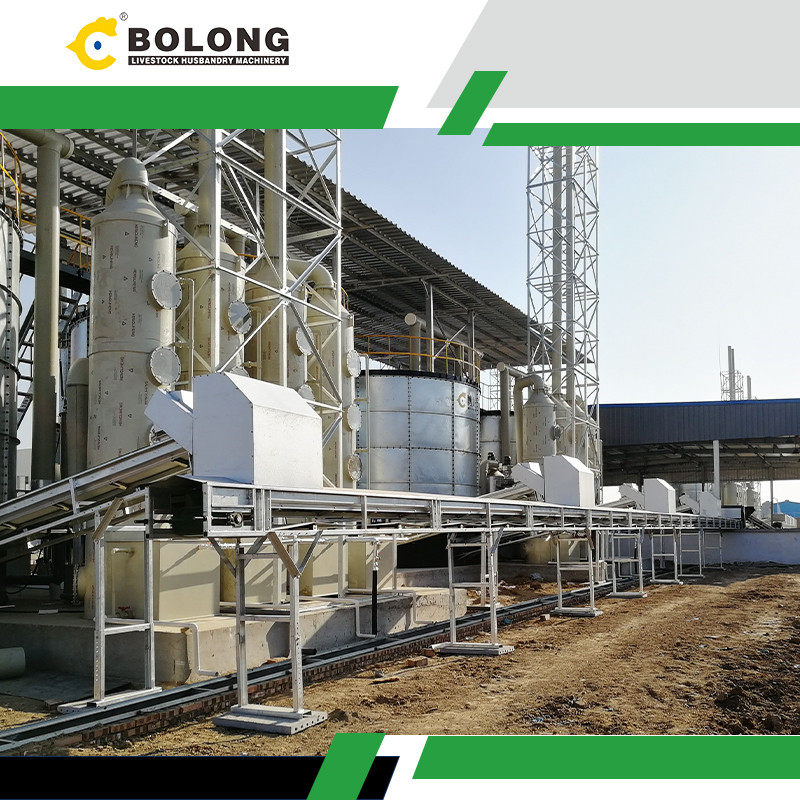
2007/2/15/ · Abstract. A pilot-scale experimental plant for the production of hydrogen and methane by a two-stage fermentation process was constructed and operated using a mixture of pulverized garbage and shredded paper wastes. Thermophilic hydrogen fermentation was established at 60 degrees C in the first bioreactor by inoculating with
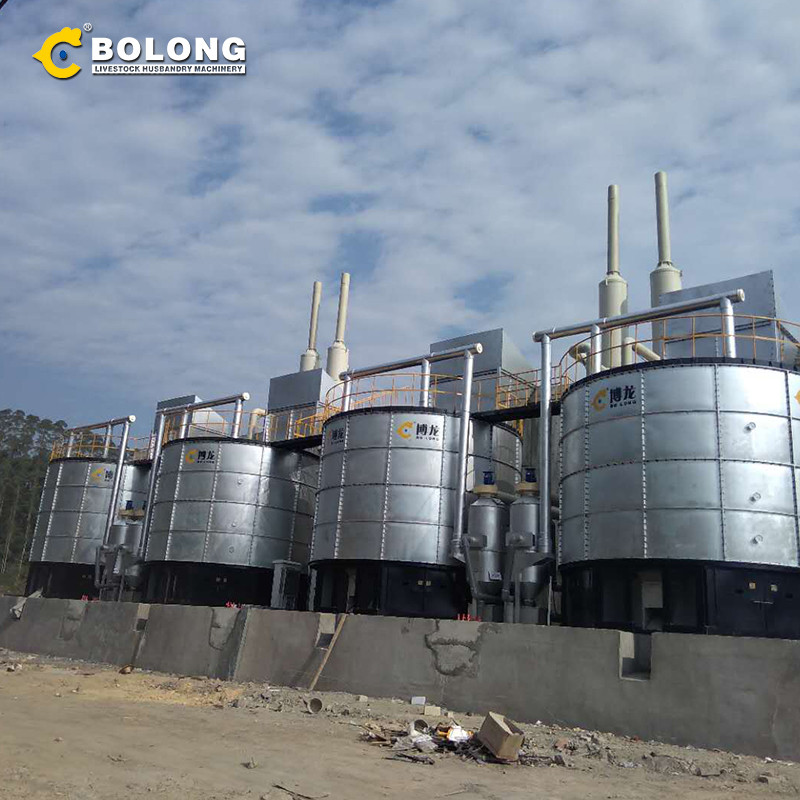
2005/3/1/ · HARDWARE SCALE-DOWN GUIDELINES. Fermentation processes often involve several scales of operation, encompassing inoculum development, seed expansion, and production fermentation. The differences in volumes between the steps in a single fermentation process can be 10X to 100X for the pilot scale, and 1,000 to 100,000X for
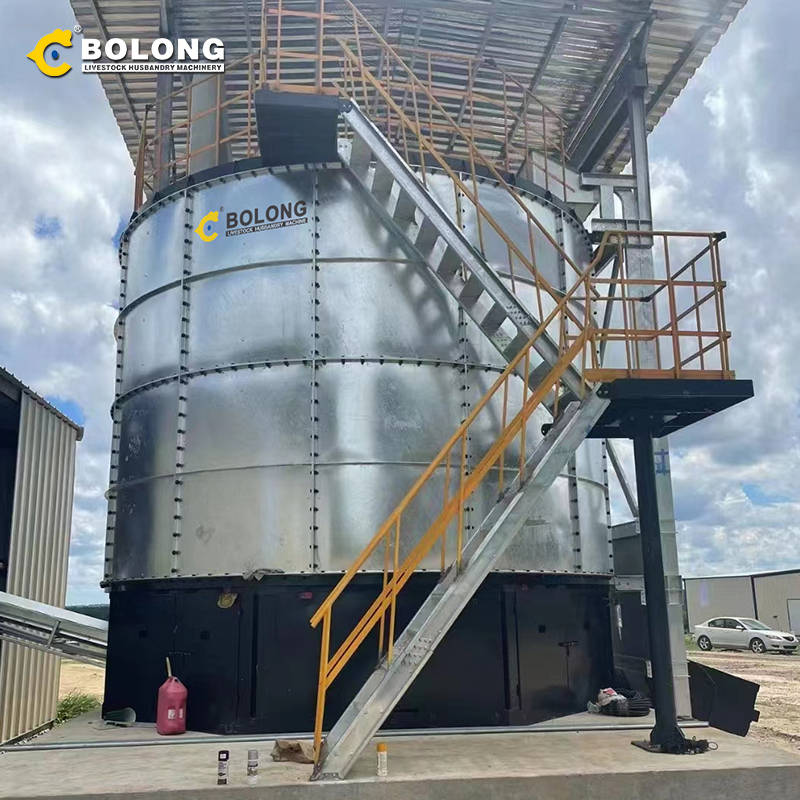
2022/2/1/ · 1. Introduction. The volume of municipal solid waste (MSW) in China has risen from 31.3 million tonnes in 1980–203.6 million tonnes in 2016, and will reach 480 million tonnes in 2030 as a result of globalization and rapid urbanization [38], [41].Anaerobic digestion (AD) of MSW is one of the most used for sustainable waste

2018/6/1/ · This is because fermentation is usually the costliest process step, both in terms of variable costs (raw materials and utilities) and capital investment. In addition, fermentation performance impacts the performance of all downstream unit operations and the amount/nature of process wastes. Fermentation is also a complex unit operation

2022/7/1/ · Results have shown that the fermentation of molasses in both UASBs with an increased HRT of 72 h was able to ensure a suitable operation during colder conditions, achieving 3.83 ± 0.63 g COD Fermentative Products /L, compared to the 3.73 ± 0.85 g COD Fermentative Products /L achieved during warmer conditions (molasses fermentation in

2017/1/6/ · This integrated approach has several advantages, for e.g., no supplementary operation unit needed, zero wastewater generation, processing on solid
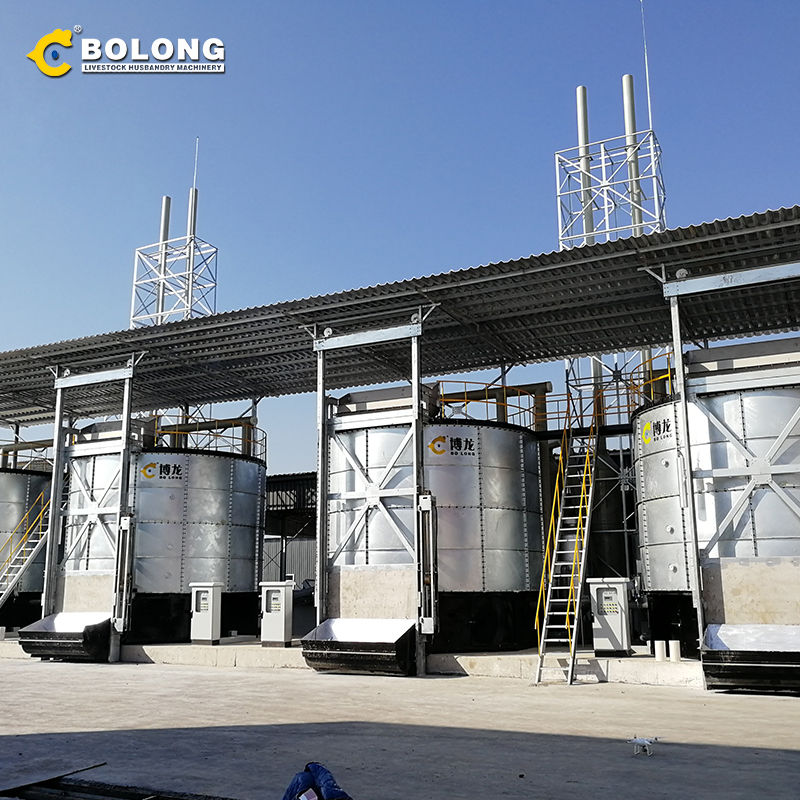
2021/1/1/ · Anaerobic fermentation provides a new alternative method for WAS reduction and VFAs production, in which carbon resources are converted into useful VFAs instead of carbon dioxide and methane (Li et al., 2018; Cavalcante et al., 2017; Agler et al., 2011).However, the sudden fluctuations of operating parameters and inappropriate design
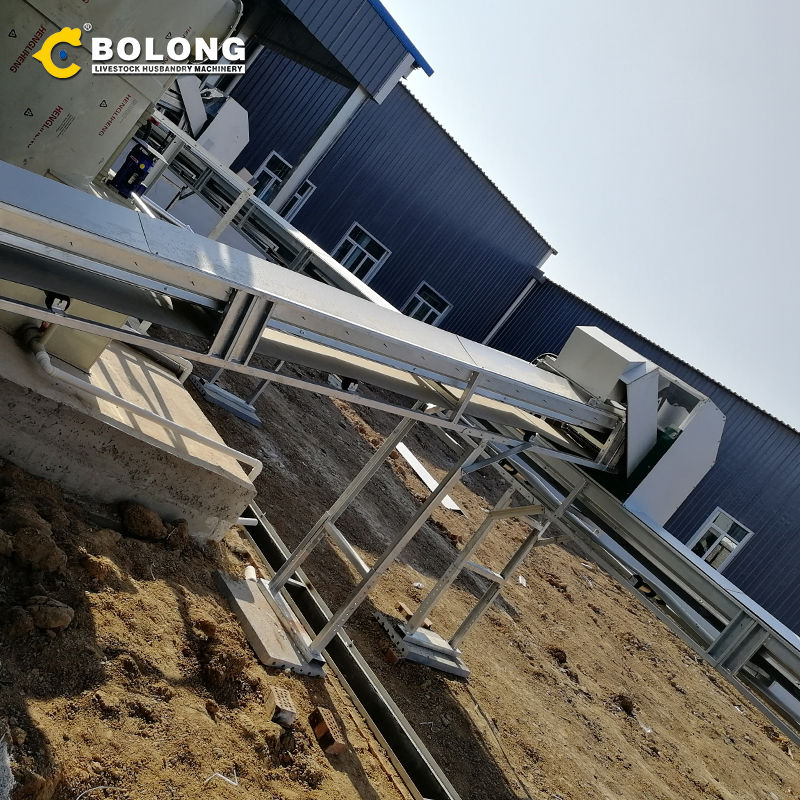
2021/1/15/ · The problem of poor carbon source is a common technical bottleneck inhibiting the nutrients removal in biological wastewater treatment. This study aimed to investigate the feasibility of using food waste (FW) fermentation liquid (FL) as the external carbon source to enhance biological nitrogen and phosphorus removal (BNPR) in
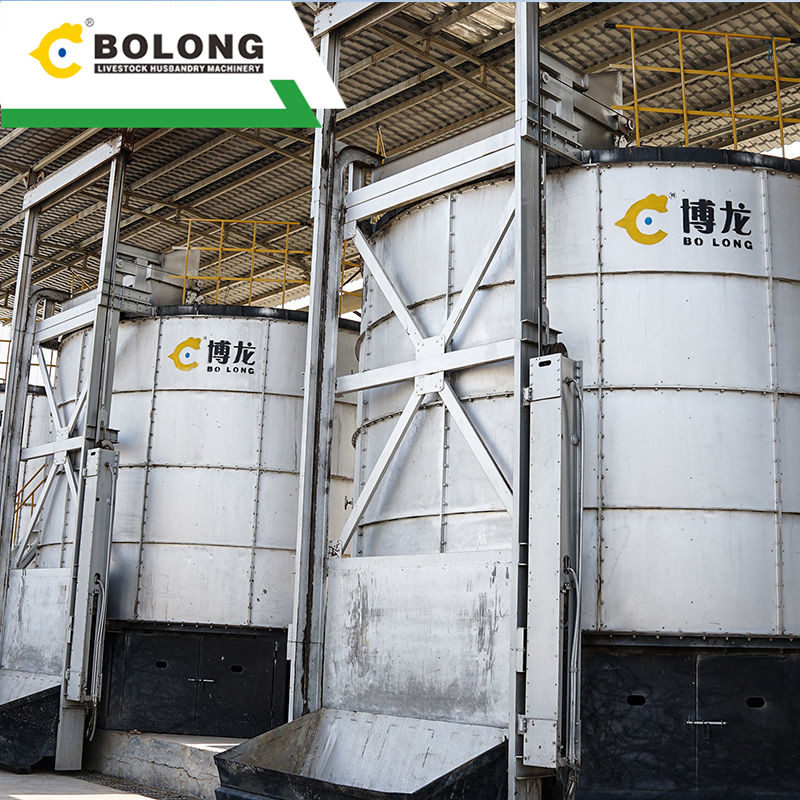
2021/2/13/ · Ozone is regarded as safe chemical and environmentally friendly since it quickly decomposes to O 2. pH changes also had significant effect on microbial relative abundance of potato waste fermentation (Li et al. 2019); ... and the number of unit operations required to achieve the desired product stream, and the fermentation broth

2021/5/1/ · Abstract. The recovery of lactic acid (LA) from fermentation broth remains a challenge considering its purity and purification cost. The use of ion-exchange resins to recover lactic acid (LA) from the broth of date pulp waste fermented with indigenous bacteria was explored in this study. For this purpose, commercially available AmberliteIRI-67

2021/2/15/ · Food waste fermentation products could be one of cost-effective organic products to replace marketable carbon source for denitrification, whereas the effects of simple separation on food waste fermentation products and its denitrification performance are limited. Unit Food waste mixture ... respectively. The operation sequence

39.4.2 Fermentation of agri-food waste. Fermentation is a process of converting the organic material into various products using different microbes, such as bacteria and fungi. There are several different products that could be produced through fermentation, for example, fuels, chemicals, pharmaceuticals, etc.

2023/2/4/ · The production of polyhydroxyalkanoates (PHAs) from industrial waste streams has attracted the attention of researchers and process industries because they could replace traditional plastics. The integrated treatment of civil wastewater along with organic solid wastes in a novel “urban biorefinery” is a very important option to implement …
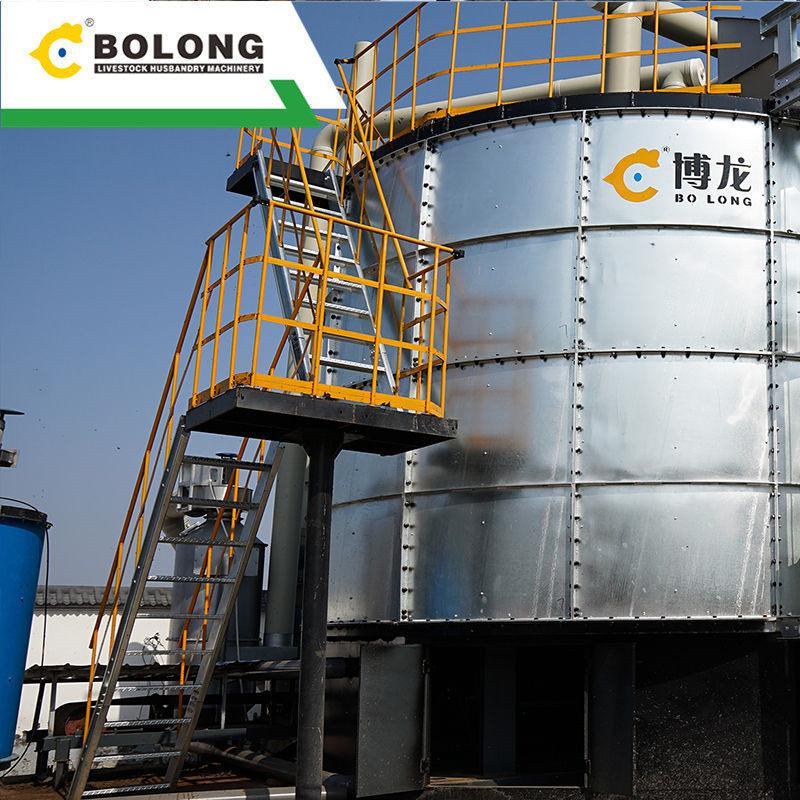
2019/1/1/ · 1. Introduction. Activated sludge process has been extensively used in municipal sewage treatment [1].Although it is effective to clean wastewaters, large quantity of waste activated sludge (WAS) is generated as by-product daily [2], [3], [4], [5].Generally, a wastewater treatment plant (Q = 10 5 m 3 /d) would produce ∼50 tons WAS daily. It was …

2024/5/1/ · It is imperative to note that lactic acid-type fermentation liquid (LAFL) markedly differs from VFA-rich fermentation liquid. During the fermentation process of food waste, lactic acid is preferentially produced during glycolysis due to its lower Gibbs free energy requirement compared to VFA (Holtzapple et al., 2022, Zhou et al., 2018).